July 25th, 2011 in News, Ramadan with
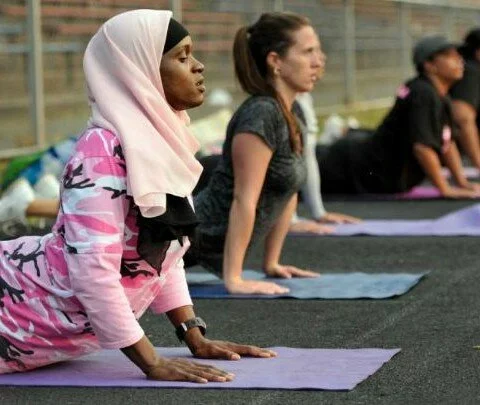
MIAMI (AP) — The Muslim holiday of Ramadan falls during the long, hot days of August this year, and Muslim Americans are getting ready to accommodate the daylight fasts required during the month-long period with adjustments in their schedules and eating habits.
It can be even tougher for Muslims in America than for their counterparts in majority-Muslim countries, where business slows down during Ramadan and people take it easier during the day, says Dr. Elizabeth Rourke, an internist at Boston Medical Center. (more…)
July 18th, 2011 in Health, Beauty and Islam, Muslim Fashion and Muslim Weding Dress, News with
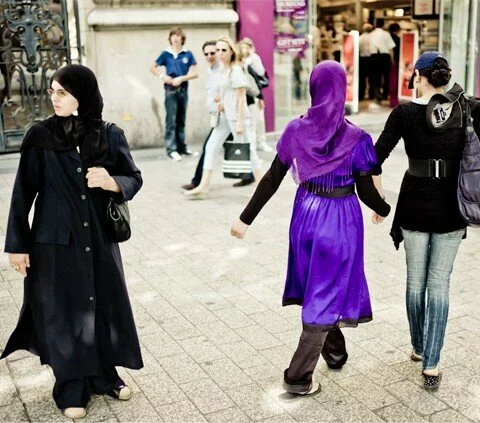
According to Islamic teachings health fully encompasses complete physical, mental, social well-being
or a person and society, which must be safeguarded. Not through the maintenance and protection
of a health preserving regime at the entity level but through the development of protective health
and encouraging family and social system. Islam introduces the concept of preventing health and no
substance and practices that seriously endanger the health can be allowed in Islamic system.

There is need to change the society according to the divine commandments for the betterment of general health
and help in solving health related medical issues which occur due to the social practices. This must be
tackled socially through underlining principles of Quran. Islam promotes comprehensive ways towards
prevention and hygiene.
According to the principles lay down by Quran, total ban on alcoholic products, meat of dead animals,
pork, blood, drugs, tobacco, etc. should be declared prohibited. Having proper bathing after impurities,
doing Wudhu 5 times on visible parts of body for prayers, cleaning under area after urinating or after
defecation, washing and cleaning hands after getting in touch with some unclean things and moreover,
protection of inside mouth cavity by using miswak (brushing of teeth), etc. are the preventive measures
that Islam discussed for the physical health as well as for spiritual well being.

The fundamental duties of Islam such as Iman (Faith), Salaat (Prayers), Saum (Fasting), Zakat (Charity),
and Hajj (Pilgrimage) are the basic pillars of Islam for safeguarding the society to combat with practices
that are harmful for healthy mind and body. A person with strong Iman or faith in Allah abstains from
the wrong doings and what that are prohibited in Quran. Salaat is a wonderful means to abstain from
bad habits and for the strengthening of faith.
Saum or fasting purifies and detoxifies the body systems and aids in the improvement of mental health and well being of a person. It also brings people closer
and they can rejuvenate and cherish the celebrations of Eid festival. Zakat or charity is a must in Islam
and it helps in the circulation of money in the society. It is an excellent means to alleviate poverty in
the country. Hajj or pilgrimage is mandatory on those to perform who can afford and it teaches the
person to be more responsive towards his or her duties. It helps in cleaning the person inside out and is
a combination of all the obligatory duties in Islam.

With the help of above passage you can clearly understand that Islam focuses not only the exterior but
inner beautification of a person to become more productive and responsible. Islam is the code of life
and whomsoever, understand this code leads towards peace and harmony in life.
July 10th, 2011 in News, Stories of Sahabah with
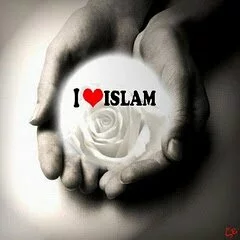 Ramlah Bint Abi Sufyan was brave and fearless creature. She was the one who challenged her father Abu Sufyan ibn Harb, one of the chieftains of Makkah. She believed in one God and rejected the idolatrous ways of Quresh. She was married to Ubaydullah ibn Jahsh who brought Islam along with her.
Ramlah Bint Abi Sufyan was brave and fearless creature. She was the one who challenged her father Abu Sufyan ibn Harb, one of the chieftains of Makkah. She believed in one God and rejected the idolatrous ways of Quresh. She was married to Ubaydullah ibn Jahsh who brought Islam along with her.
Abu Sufyan, her father, tried everything in his might to bring them back, his daughter and her husband, to worship deities and idolatry. But, they were both too headstrong and their faith never moved an inch.
Abu Sufyan remained unhappy and dejected due to his daughter and husband’s acceptance of Islam. Ramlah and her husband were treated harshly and life in Makkah became miserable and unbearable for them. When the first group of Muslims was allowed to migrate to Abyssinia, they were among those who left behind.
Upon finding the news of Muslims, fleeing away to Abyssinia made the chieftains of Makkah including Abu Sufyan very angry. The tribal chiefs tried their best to bring them back but the Abyssinian king Negus also embraced Islam and gave protection to the migrated Muslims. Ramlah Bint Abi Sufyan also known as Umm Habibah and her husband took refuge in Abyssinia. But her problems were not coming to an end yet.
Ubaydallah ibn Jahsh accepted Christianity. It was a terrible blow for Ramlah Bint Abi Sufyan. The brave lady refused to live with a non Muslim and divorced him. She rejected the idea of going to back to her father’s place, a citadel of Kuffar. So, she stayed in Abyssinia for the next ten years alone with her daughter.
She was rewarded in a great way for all her bearings and sufferings. Allah’s Apostle sent her the proposal of marriage. Umm Habibah is one of the Umhatal Momineen and much respected wife of our beloved Prophet Muhammad Sallalaho alayhi wasalam.
July 6th, 2011 in Islam, Muslim Girls Hijab, News with
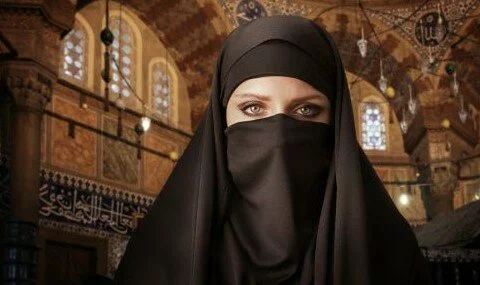
A new law requiring Muslim women wearing burqas or niqabs in New South Wales to show their faces to police if required has been accepted by Islamic organisations and may be followed in other states.
The law, which extends to all forms of covering including motorcycle helmets, will give police power to establish identity by insisting faces be exposed during routine traffic operations such as licence checks and random breath tests. (more…)
July 4th, 2011 in Islamic World, News with
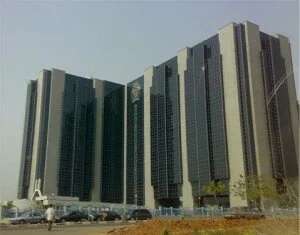 The most revealing thing about the latest new guidelines for non-interest banking issued by the Central Bank of Nigeria (CBN) on June 21; the provisional license given to Jaiz International to launch the country’s first Islamic bank subject to fulfilling the bank authorization requirements; and the revelation that the Nigerian Treasury’s Debt Management Office is studying the possibility of the country issuing its debut sovereign sukuk within the next year or so, is not the provisions of the above developments but the reaction of Nigerians (presumably) commenting on the websites of local newspapers and other such outlets.
The most revealing thing about the latest new guidelines for non-interest banking issued by the Central Bank of Nigeria (CBN) on June 21; the provisional license given to Jaiz International to launch the country’s first Islamic bank subject to fulfilling the bank authorization requirements; and the revelation that the Nigerian Treasury’s Debt Management Office is studying the possibility of the country issuing its debut sovereign sukuk within the next year or so, is not the provisions of the above developments but the reaction of Nigerians (presumably) commenting on the websites of local newspapers and other such outlets.
Disturbingly these ranged from vitriolic Islamophobic rants which linked Islamic finance to terrorism financing and forebodes the transformation of Nigeria into a new Jihadist haven, to flattering admiration for Mallam Lamido Sanusi, the governor of CBN, for rising above the critics and facilitating the introduction of Islamic finance under financial inclusion policy. The few voices that saw Islamic banking as an alternative form of financial management to the interest-based capitalist conventional system and more connected to the real economy and with a potential to contribute to development in Africa’s most populous country for the benefit of all Nigerians, hardly had a look in.
It would be unfair to draw generalizations from such a sample of comments, but in relation to recent statements from various groups and the sensitivity of the CBN over the matter, it becomes apparent that under the surface Nigeria is a highly sectarian society, which is further fuelled by the constant reinforcement of stereotypes on all sides of the ethnic and religious divides. Nigeria has a population of about 170 million which is roughly half Muslim and half Christian.
This is unfortunate because Nigeria in general is a highly educated society but with huge developmental challenges because of governance shortcomings in which the military have had a pervasive influence since independence, endemic corruption and economic mismanagement.
In June, the Dioceses in the Church of the Nigeria Anglican Communion appealed to the country’s House of Representatives and the Senate not to pass any legislation to facilitate Islamic banking in the country on the grounds that it would pose a serious threat to the unity of the federation; it would violate the country’s secular constitution; and favor one particular religious group.
Predictably, the Muslim Rights Concern (MURIC) of Nigeria weighed in, stressing the constitution guarantees freedom of religion to all Nigerians and that denying the establishment of Islamic banks would deny some Nigerians the right to have access to financial services based on their faith tradition, or alternatively force them to become unbanked or to use interest-based banking.
Continue Reading….
July 4th, 2011 in News, Prophet Muhammad with
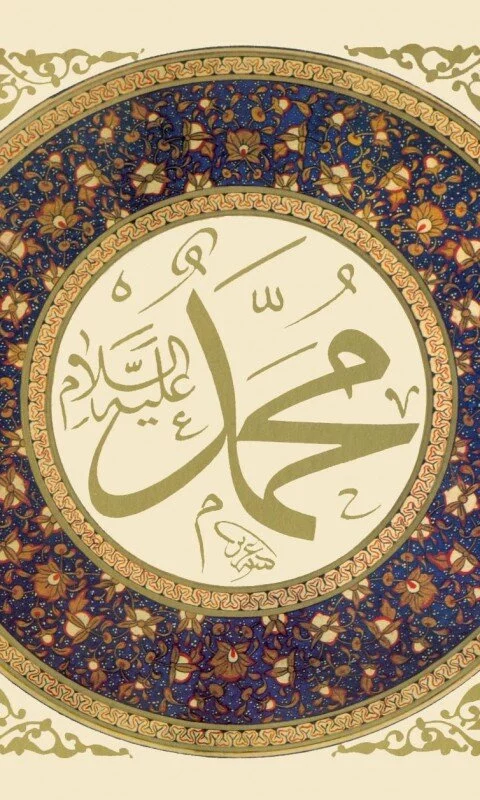
Prime Minister Manmohan Singh has asked the human resource development ministry to urgently intervene after a textbook allegedly depicting Prophet Mohammed provoked protests in Uttar Pradesh, triggering concerns over its impact on national security. National security adviser Shiv Shankar
Menon has written a letter to HRD minister Kapil Sibal, informing him that the PM has sought urgent “remedial” action after meeting key Muslim leaders, top government sources told HT.
The concerns surround a Class 4 moral science textbook that was recommended as reading material by the Council for the Indian School Certificate Examination (CISCE) for schools affiliated to it.
A chapter titled Being Good and Gentle depicts the Prophet, violating a fundamental tenet of Islam which is against all forms of idol worship, local Muslim groups in Lucknow alleged 10 days ago while launching protests and burning Sibal’s effigies.
The HRD ministry has asked the CISCE — an autonomous, central board — for a status report. CISCE chief executive officer Gerry Arathoon could not be reached for comments.
A series of senior Muslim leaders like Jamiat-i-Ulema-e-Hind leader Mahmood Madani have communicated concerns to the PM and NSA.
Veteran Muslim leaders are concerned that the incident, fuelled by protests, could escalate into a controversy similar to the Danish cartoons of the Prophet in 2005 — unless the government acts promptly.
A Danish newspaper published 50 cartoons of the Prophet and then argued that its freedom of speech and expression entitled it to publish the images while apologising for hurting any sentiments. But the cartoons and the newspaper’s defence of the publication provoked protests by Muslims across the world.
Source: www.hindustantimes.com





 Ramlah Bint Abi Sufyan was brave and fearless creature. She was the one who challenged her father Abu Sufyan ibn Harb, one of the chieftains of Makkah. She believed in one God and rejected the idolatrous ways of Quresh. She was married to Ubaydullah ibn Jahsh who brought Islam along with her.
Ramlah Bint Abi Sufyan was brave and fearless creature. She was the one who challenged her father Abu Sufyan ibn Harb, one of the chieftains of Makkah. She believed in one God and rejected the idolatrous ways of Quresh. She was married to Ubaydullah ibn Jahsh who brought Islam along with her.
 The most revealing thing about the latest new guidelines for non-interest banking issued by the Central Bank of Nigeria (CBN) on June 21; the provisional license given to Jaiz International to launch the country’s first Islamic bank subject to fulfilling the bank authorization requirements; and the revelation that the Nigerian Treasury’s Debt Management Office is studying the possibility of the country issuing its debut sovereign sukuk within the next year or so, is not the provisions of the above developments but the reaction of Nigerians (presumably) commenting on the websites of local newspapers and other such outlets.
The most revealing thing about the latest new guidelines for non-interest banking issued by the Central Bank of Nigeria (CBN) on June 21; the provisional license given to Jaiz International to launch the country’s first Islamic bank subject to fulfilling the bank authorization requirements; and the revelation that the Nigerian Treasury’s Debt Management Office is studying the possibility of the country issuing its debut sovereign sukuk within the next year or so, is not the provisions of the above developments but the reaction of Nigerians (presumably) commenting on the websites of local newspapers and other such outlets.
